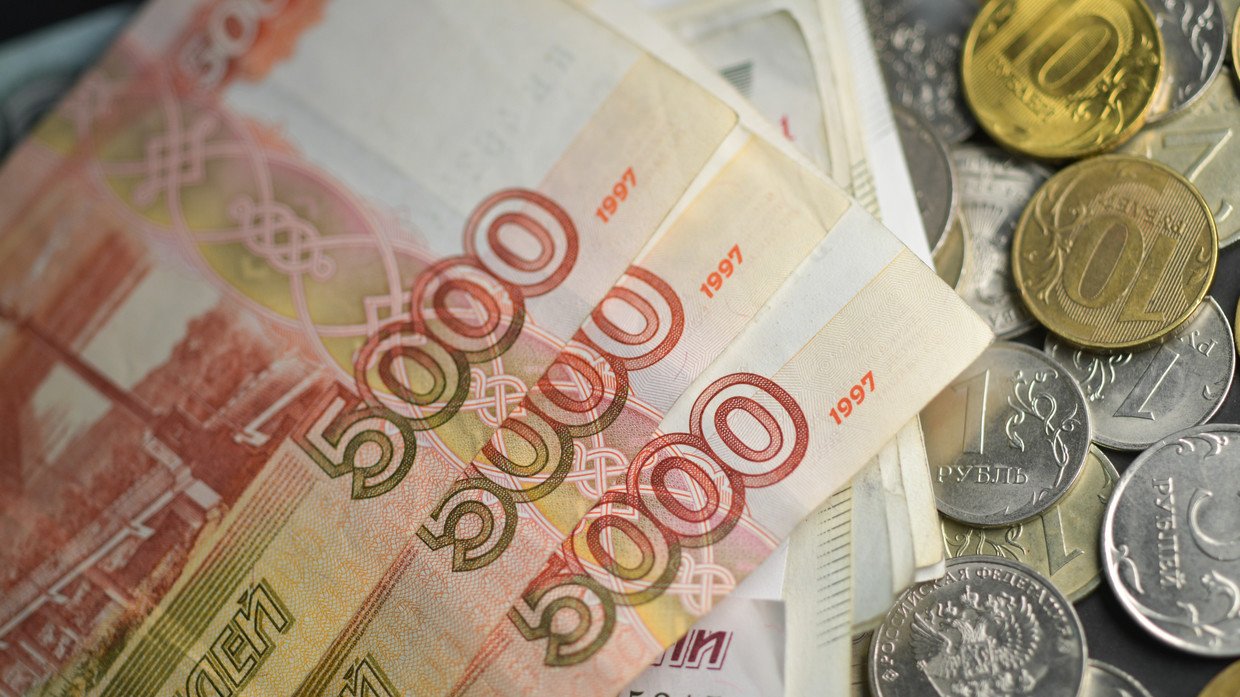Moneylenders have seen a sharp rise in the number of young Russians racking up problem debts, with bailiffs doing a roaring trade on the back of students and early-career workers who have fallen behind on their scheduled payments.
New data from Russia’s National Association of Professional Collection Agents, seen by Moscow business daily RBK on Thursday, reveals that the profile of the average debtor is only getting younger.
In the pre-pandemic first quarter of last year, around 9.7% of those on bailiffs lists were under the age of 25. Since the virus forced businesses to shutter in March, and caused worldwide economic shockwaves, however, this rose steeply to 21.7%.
According to Debex, an online platform that sells debt to collectors, in 2020 fewer than one in 10 of those going onto debt collectors’ books through their service were under 20. However, by the first quarter of this year, that figure had similarly doubled to around one in five.
Also on rt.com Rising prices & low salaries: Despite signs of economic recovery from Covid-19 crisis, Russians say money is main cause of stressThere are signs, however, that as the Russian economy continues to recover from the shock of the Covid-19 pandemic, fewer young people are struggling to keep up with their bills, with the current figure for under-20s owing cash standing at 15%. However, Debex warns that not all data is currently available for the quarter, and that it is too early to draw clear conclusions about whether the situation is improving.
In May, a survey of more than 3,500 Russians, carried out by research firm Romir, showed that while the public were on average less stressed than when the coronavirus crisis first hit, money was increasingly becoming a cause for concern.
The survey found that five of the 10 most common reasons for stress were related to finances, with rising prices and inflation affecting 62% and low wages being cited as a worry by 56%.
Earlier this month, the governor of Russia’s central bank, Elvira Nabiullina, said that the country’s economy had returned to the size it was before the pandemic. Nabiulina said the economy “has recovered to the pre-crisis level, and in many industries has exceeded it and continues to grow.”
Think your friends would be interested? Share this story!

